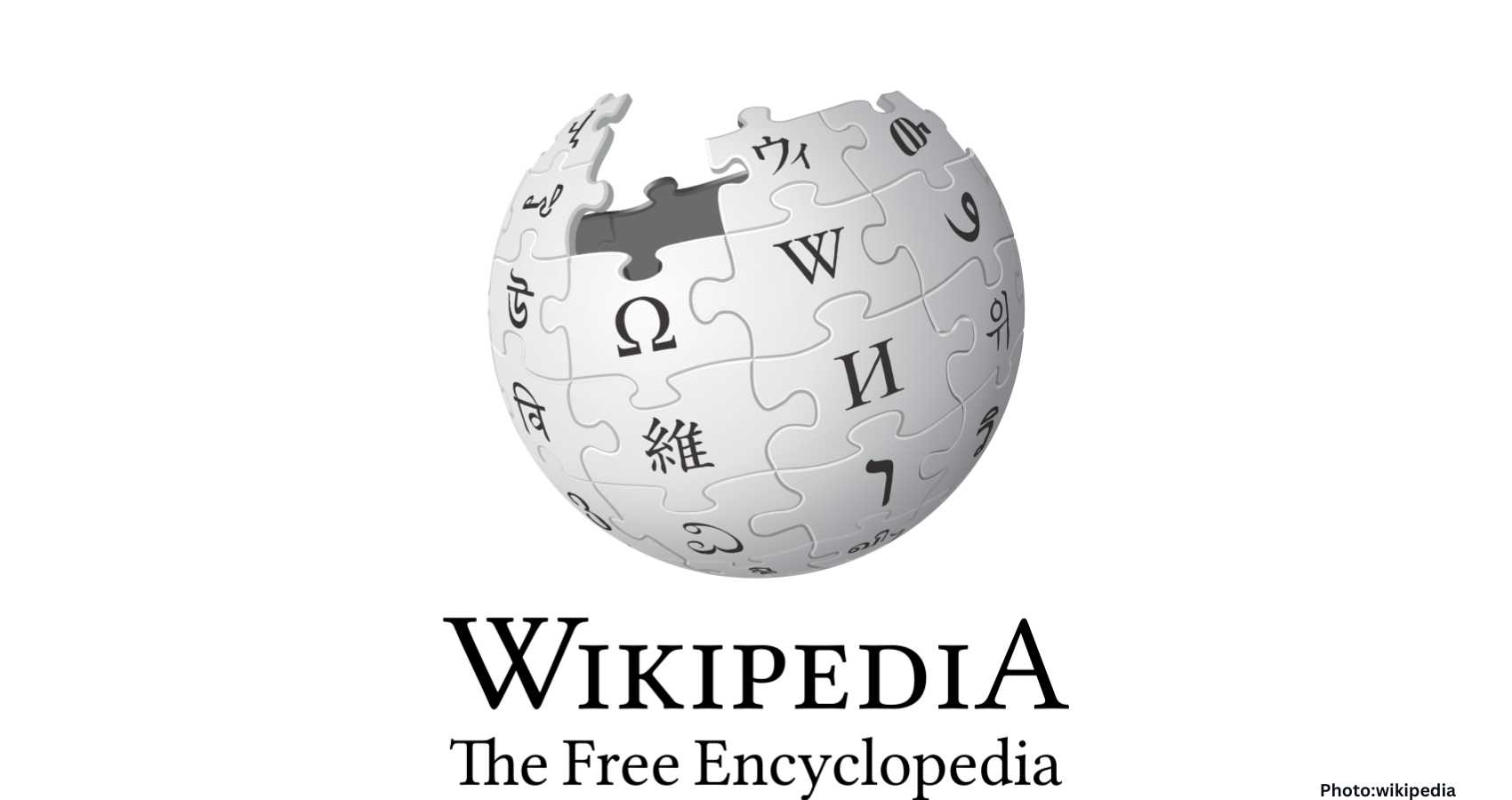Wikipedia experiences an 8% decline in human traffic as generative AI and social media transform information-seeking behaviors, raising concerns about content integrity and volunteer engagement.
Once regarded as a reliable source of information amid a sea of social media noise and AI-generated content, Wikipedia is now facing challenges. A recent blog post by Marshall Miller from the Wikimedia Foundation reveals that human pageviews on the platform have decreased by 8% compared to the previous year.
The Wikimedia Foundation meticulously distinguishes between human visitors and automated traffic. Miller notes that this recent decline became evident after enhancements to Wikipedia’s bot detection systems indicated that much of the unusually high traffic observed during May and June was generated by bots designed to evade detection.
When discussing the traffic drop, Miller attributes it to the influence of generative AI and social media on how individuals seek information. He explains that this trend is partly due to search engines increasingly utilizing generative AI to provide answers directly to users, rather than directing them to external sites like Wikipedia. Additionally, younger generations are more inclined to seek information on social video platforms instead of the open web.
Despite the downturn, Miller underscores that the foundation welcomes “new ways for people to gain knowledge,” asserting that this evolution does not undermine Wikipedia’s relevance. He points out that information from the encyclopedia continues to reach audiences, even if they do not visit the site directly. The platform has also experimented with AI-generated summaries of its content, although this initiative was halted due to concerns raised by editors.
However, this shift poses potential risks. As fewer people visit Wikipedia, there may be a decline in the number of volunteers who contribute to enriching the content, as well as a decrease in individual donations that support the platform’s work. “With fewer visits to Wikipedia, fewer volunteers may grow and enrich the content, and fewer individual donors may support this work,” Miller stated.
To tackle these challenges, Miller calls on AI platforms, search engines, and social media companies that utilize Wikipedia’s content to “encourage more visitors” to the site itself. He emphasizes the need for collaborative efforts to ensure the integrity of information.
In response to these challenges, the Wikimedia Foundation is taking proactive measures. It is developing a new system aimed at better crediting content sourced from Wikipedia. Additionally, two dedicated teams are working to attract new readers, and the foundation is actively seeking volunteers to bolster these initiatives.
Miller also encourages readers to take further action by supporting content integrity and creation in a broader context. “When you search for information online, look for citations and click through to the original source material,” he advises. “Talk with the people you know about the importance of trusted, human-curated knowledge, and help them understand that the content underlying generative AI was created by real people who deserve their support.”
Source: Original article

